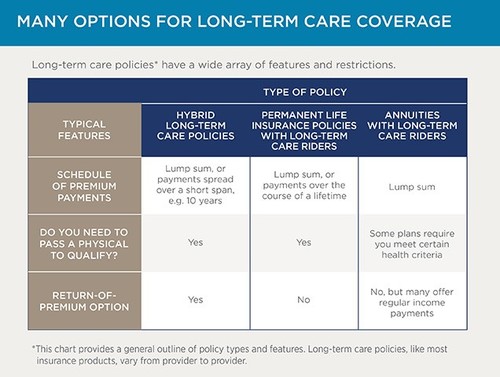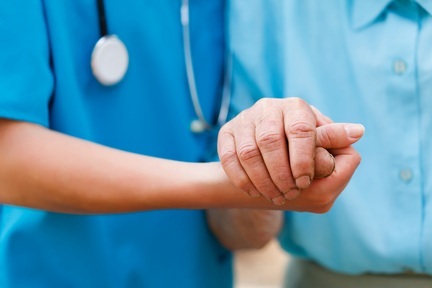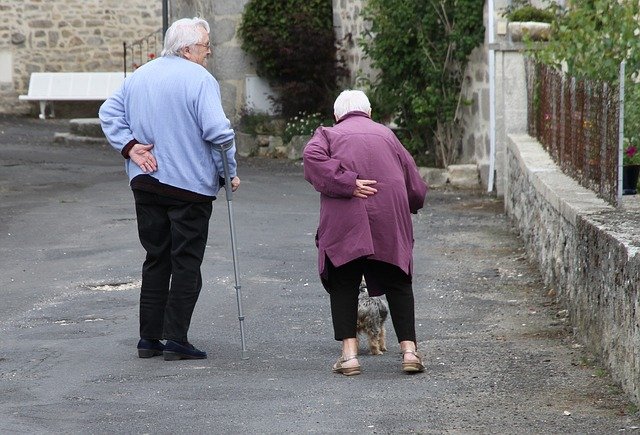
You are not the only one who has ever wondered what a licensed practical nursing (LVN), does. LVNs work as healthcare workers and provide care for the sick, injured, convalescent, or disabled. They are also responsible in maintaining patient records.
LVNs monitor patients' vital signs
LVNs have the responsibility of providing safe, compassionate, and focused nursing services. They need to be sensitive to the needs of patients and assess their own competence, skills, and training. When assigning assignments, LVNs need to consider the safety of patients. They are trained in the recognition and treatment of signs of deteriorating healthcare.
An LVN can perform many tasks including keeping track of patient vitals and maintaining patient charts. They may also provide basic care and hygiene to patients and administer medication, injections, catheters, and other medical services. They may assist patients with dressing changes, bathing, starting IVs, and emotional support. An LVN's scope of practice is variable, but they must always be under the direct supervision of a registered physician or nurse.

They keep their charts up-to date
Safe maritime practice depends on the accuracy of LVN charts. Not only do LVNs need to know the most up-to-date information available, they need to be able to identify and apply relevant notices to the charts they are using. Infraction of SOLAS can lead to the ship being in danger. It can also lead to the arrest of port state control officers.
They are available to patients and their families.
You will have many opportunities as a licensed vocational nurse to provide patient care. As a registered vocational nurse, your duties include assisting with routine and specialized medical procedures as well as interacting with patients and their families. Many opportunities exist for LVNs to progress, including those in nurse practitioner and physician's assistance roles.
LVNs in emergency rooms have special duties related to patients. These nurses need to be able communicate effectively with their patients and families. They will also need to be proficient in the use of medical machinery, and they must ensure that patients are safe. They provide additional assistance to ensure that the emergency room runs smoothly.
They communicate with RNs
LVNs communicate with RNs every day by providing medical assistance to patients. They take vital signs, prepare medication, monitor patients and report any adverse reactions to drugs. They also help with routine lab testing and work closely with physicians on staff. High levels of satisfaction are achieved through the close working relationship between LVNs, patients and staff. LVNs are also able to promote hope, healing, health, and hope, which is one of nursing's core values. They enjoy varied and diverse working environments and numerous opportunities for professional growth.

You can accept orders from a physician assistant as an LVN. However, each order must be verified with the doctor. LVNs should perform CPR if a patient is in serious condition. LVNs cannot pronounce the patient's death, but they may follow a physician's orders for post-mortem care and death pronouncement.
They work nights and weekends as well as holidays.
LVNs can perform a wide range of patient care tasks. You can expect them to triage patients, prepare them for examinations and collect laboratory tests. They also need to educate the patient. They should also be flexible and willing and able to work weekends, holidays, and nights. LVNs work full-time but may be required to work weekends and evenings for some jobs.
LVNs can be found in hospitals and nursing home where they provide comfort and basic health care. They may work weekends and holidays with registered nurses or physicians. Some LVNs are also available for patients' home visits.